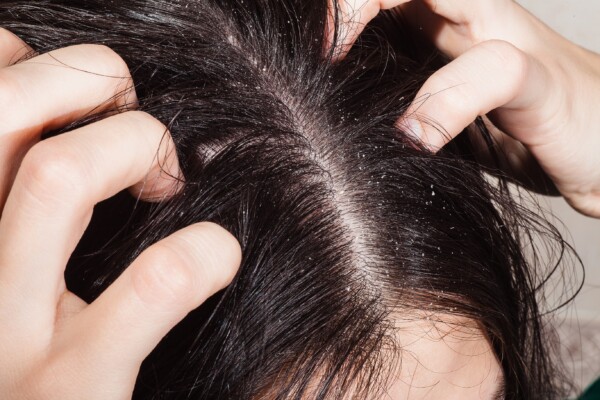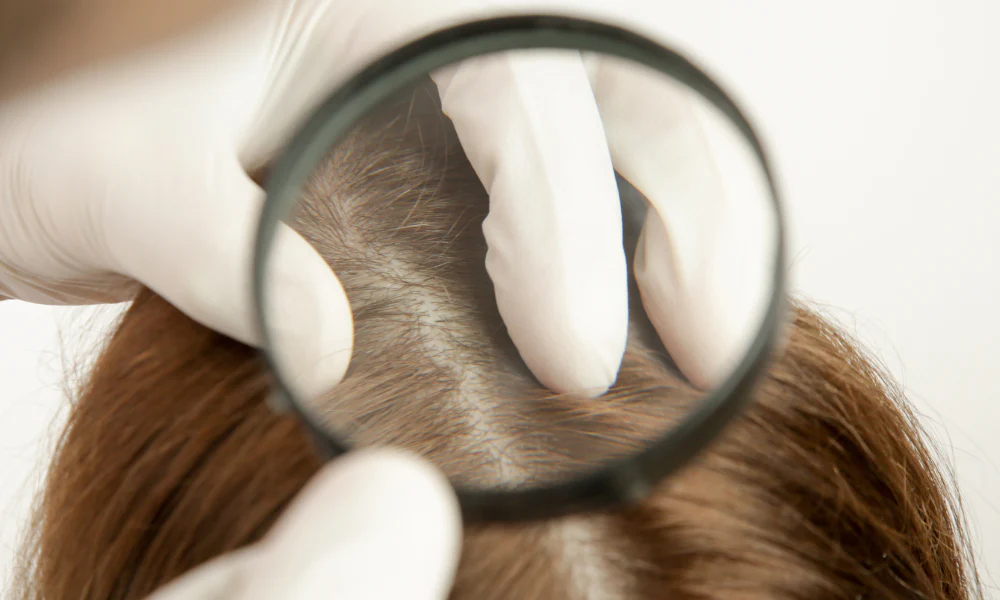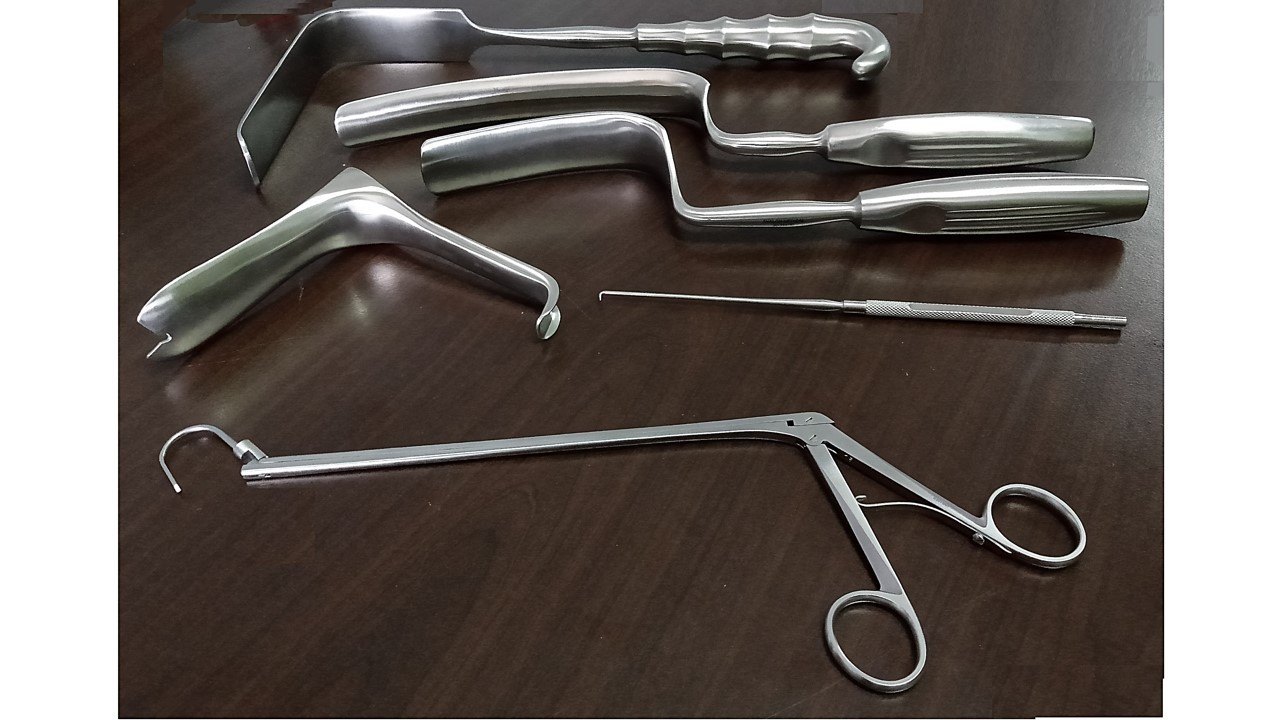Your scalp is more than just a home for your hair – it’s a vital part of your skin’s health. Think of it like a garden. If you don’t tend to it, problems can arise. Just as you’d call a gardener for a sick plant, you’d visit a dermatologist for scalp conditions. Whether it’s persistent itching, severe dandruff, or a procedure as specific as vein removal slidell, a proficient dermatologist is your best resource. Let’s delve deeper into their pivotal role in diagnosing and treating scalp issues.
What Does a Dermatologist Do?
A dermatologist is a medical doctor who specializes in skin health. They study conditions related to skin, hair, and nails. They can diagnose and treat more than 3,000 diseases. These include acne, psoriasis, and skin cancer.
Common Scalp Conditions
Some common scalp conditions that dermatologists treat include dandruff, psoriasis, and folliculitis. Seborrheic dermatitis and scalp ringworm are also common. These conditions can cause symptoms like itching, flaking, and redness.

| Condition | Symptoms |
| Dandruff | White flakes, itching |
| Psoriasis | Red patches, silvery scales |
| Folliculitis | Red, swollen hair follicles |
| Seborrheic dermatitis | Red skin, stubborn dandruff |
| Scalp ringworm | Bald patches, itchy scalp |
How Can a Dermatologist Help?
A dermatologist can diagnose these conditions by examining your scalp. They may also take a skin sample for testing. Once they identify the problem, they can suggest treatment. This might include medicated shampoos, creams, or antibiotics. For more serious conditions, they might recommend procedures like vein removal Slidell or other therapies.
Conclusion
Your scalp deserves the same care and attention as the rest of your skin. If you’re experiencing scalp issues, it’s time to call a dermatologist. They can provide the right diagnosis and treatment to bring your scalp back to health.





